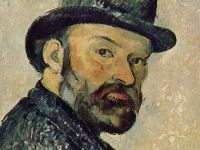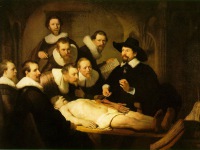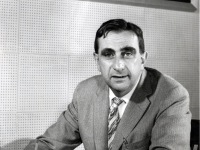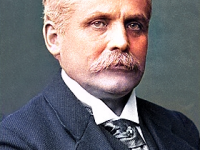George Orwell’s Opposition to Totalitarism
On January 21, 1950, British novelist and journalist Eric Arthur Blair, better known under his pen name George Orwell, passed away. Best known for the allegorical novella Animal Farm (1945) and the dystopian novel Nineteen Eighty-Four (1949), Orwell’s works focus on the awareness of social injustice, opposition to totalitarianism, and belief in democratic socialism. “We are in a strange period of history in which a revolutionary has to be a patriot and a…
Read more











